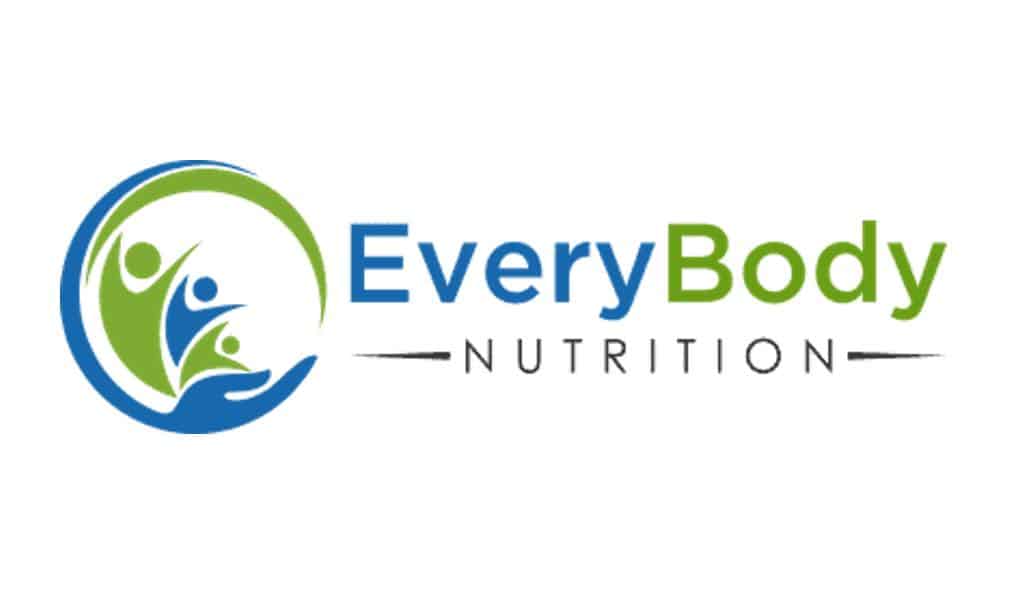Do I really have to take supplements? If you are asking are they as important as breathing, the answer is a resounding no. If you want to improve your current dietary position, the answer is maybe. Supplements are just that, something to supplement your current dietary needs. There are several different genres of supplements and each have their practical applications. Whether it be the typical 9-5 workforce employee or the superstar athlete, different supplements can aid in the performance of either. We however are going to focus on the typical 9-5 workforce employee.
With all the marketing and “false claims” out there, what supplements truly work and which ones are actually good. We here at EveryBody Nutrition have taken the guess work out of your hands and hand-picked all our supplements. The majority of our supplements are BSCG (Banned Substance Control Group), NSF, UScGMP certified and Organic (when applicable) tested. What does all this mean? In a nutshell, the supplements we carry have been truly tested and backed by science, supplements you can trust. Now, what supplements should I actually take?
The Big Four
Our goal when helping our clients is to build a strong foundation. A healthy body and a healthy mind can lead to much more productivity in your everyday life – Here are the four supplements we recommend to all our clients to start with and why:
Protein – The building block of the human body (bones, muscle, skin, hair, nails,etc..) are all made up of protein. Whether you can eat enough quality lean protein or drink protein shakes will give your body the building blocks of what they need – How much protein should the typical individual eat? Usually 1g. of protein per pound of body weight (some factors may change this number based on the individual)
Fish Oil – The key here is wild-caught fish, not farm raised – Our fish oils have been extracted from wild caught fish from Iceland – Fish Oil helps with cardiovascular health, brain cognitive function, cell hydration and many other applications. The majority of fish oil in the market is farm-raised, not what you want to put into your body when supplementing. How much fish oil should the typical individual consume? Usually 3g. of total Omega 3/daily is what we recommend to our clients (some restrictions apply so speak with a medical professional if using blood thinners or heart medications)
Multi-Vitamin – To help get micronutrients into your body that may not be in your typical diet – Multi-vitamins are one of the most misled supplements on the market today. You cannot get all you need from a one a day – The forms of multivitamins we recommend are either capsules or powders, never tablets unless cold-pressed. How many multivitamins should the typical individual consume? Usually one serving of the recommended dose on the nutrition label is sufficient daily
Glutamine – The #1 amino acid in the body for repair of skeletal muscle (the muscles usually most affected by weight training). Aids with immune function, gastrointestinal health, growth hormone release and more. This can definitely help with the soreness post-training as well. How much glutamine should the typical individual consume? 10g. minimum daily – Usually 5g. post-training and 5 g. before bed.
Frequently Asked Questions (FAQ)
Do I need to take supplements?
Not necessarily. A balanced diet should provide most nutrients. Supplements can help fill gaps, but a good first step is evaluating your current diet.
With so much marketing, how can I tell which supplements work?
Look for certifications like BSCG, NSF, UScGMP (ensuring safety and quality), and organic labeling to make sure you are getting high quality and safe versions of each ingredient in a verified clinical dosage.
Is there a magic number for protein intake?
Fitness and nutrition experts recommend 1 gram per pound of body weight, though this may vary depending on your particular goals and challenges as well as other health-related conditions you may have.
Why is wild-caught fish oil better for supplements?
- Potentially Higher Quality: Wild fish tend to have a more natural diet, resulting in higher quality fish oil containing more beneficial nutrients.
- Lower Contaminant Risk: Farm-raised fish can be exposed to higher levels of contaminants like mercury or antibiotics in their feed or environment. Wild fish are less likely to have these contaminants.
Can I take all these supplements together?
Yes, these four supplements have not been shown to alter the behavior of the others under typical conditions. Ask your healthcare professional if you are concerned or taking additional supplements and medications.







